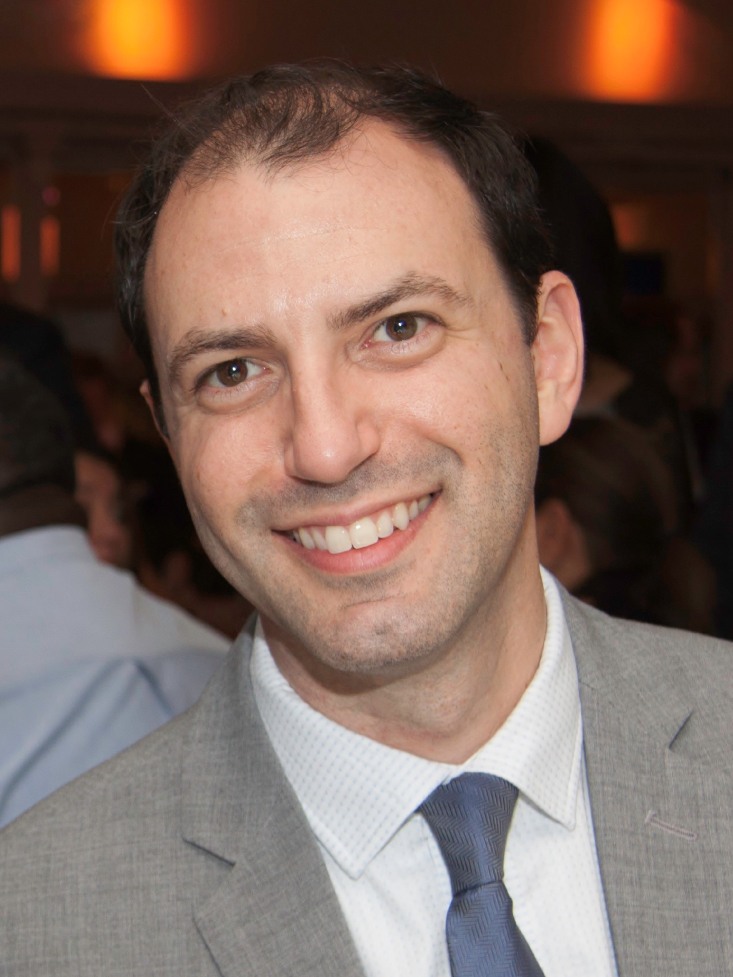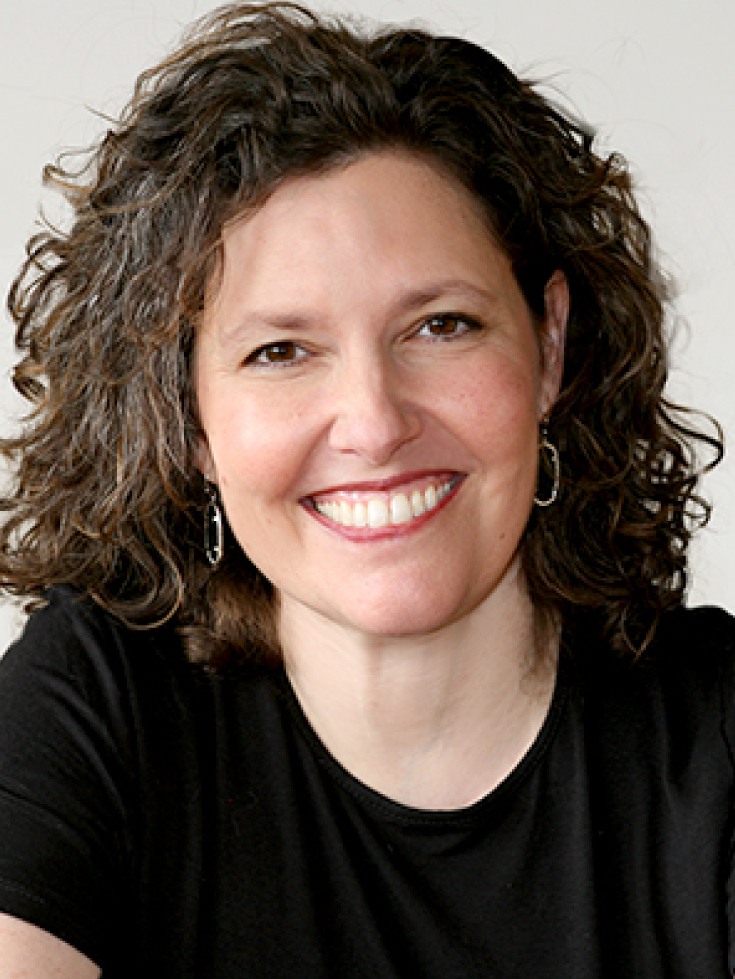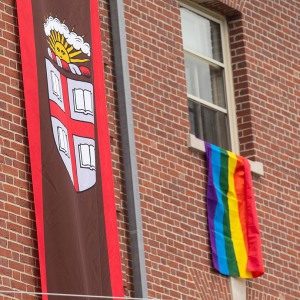Mara Gottlieb ’93 and Tyler Rubin ’99 are no strangers to advocating for inclusion. With their new roles as co-chairs of the Brown Alumni Pride Association (BAPA), the pair hopes to transform Brown’s official LGBTQIA+ alumni affinity group into a living resource for queer students and alumni alike.
As an undergraduate, Rubin was empowered by Brown’s Open Curriculum to explore classes and topics outside of his traditional comfort zone. Ever since graduation, he’s been channeling this same intellectual curiosity to empower others. He served as vice chair of his town’s historic preservation commission, was a committee leader of his community’s anti-racism advocacy group, and is an active member of his company’s LGBTQIA+ affinity group. Today, Rubin serves as the Director of Internal Audit for Local Initiatives Support Corporation (LISC), a nationally recognized nonprofit that supports local development projects in communities across the country.
At Brown, Gottlieb was inspired to think critically about the systemic injustices carried out against women, people of color, and members of queer community — and how unconscious biases often perpetuate them. She continued her education at New York University, earning master’s and doctorate degrees in social work. In 1999, Gottlieb founded Talking Changes Training and Consulting, an organization that leads DEI-based training sessions to foster more inclusive work environments. As president of Talking Changes, she has worked with clients ranging from the Anti-Defamation League, the NAACP, the Good Shepherd Services, and more.


